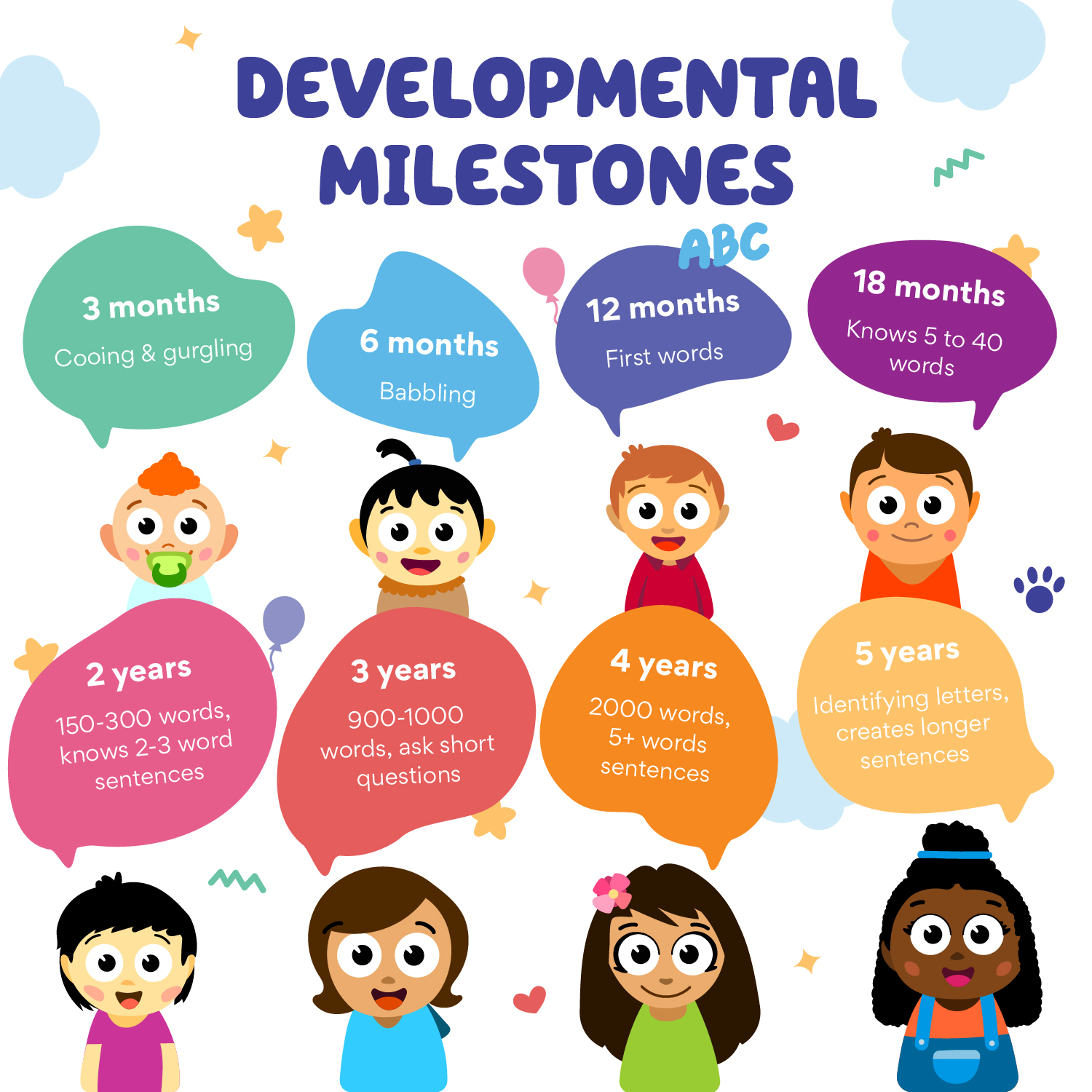 Source: bing.com
Source: bing.comTable of Contents
Introduction
As a new parent, you’re probably wondering when your baby will start talking. While some babies start talking as early as 9 months, others take longer to develop their language skills. If your baby is the latter, don’t worry – every child develops at their own pace. However, it’s important to understand the factors that affect your baby’s speech development so that you can help them along the way.
Factors That Affect Speech Development
There are several factors that can affect your baby’s speech development, including:
Hearing Loss
If your baby has trouble hearing, it can delay their speech development. This is because hearing is crucial for language acquisition. If you suspect that your baby has hearing loss, take them for a hearing test as soon as possible.
Gender
Girls tend to develop their language skills faster than boys. However, this doesn’t mean that there’s anything wrong with your baby boy’s speech development if they’re taking longer to start talking.
Family History
If there’s a history of speech and language delays in your family, your baby may be more likely to experience the same delays.
Premature Birth
Premature babies may take longer to develop their language skills compared to full-term babies.
Environmental Factors
The environment that your baby is exposed to can also affect their speech development. For example, if they’re not exposed to enough language, it can delay their speech development.
Signs of Late Speech Development
Here are some signs that your baby may be experiencing late speech development:- Your baby doesn’t babble or make sounds by 9 months.- Your baby doesn’t say any words by 16 months.- Your baby only says a few words by 2 years old.If your baby isn’t reaching these milestones, it’s important to talk to their doctor about it. However, it’s important to keep in mind that every child develops at their own pace.
How to Help Your Baby’s Speech Development
If you’re concerned about your baby’s speech development, there are several things you can do to help them along the way:
Talk to Your Baby
Even if your baby can’t talk back, talk to them as much as possible. This will help them develop their language skills and understand how conversation works.
Read to Your Baby
Reading to your baby is a great way to expose them to language and help them develop their vocabulary.
Encourage Mimicking
When your baby starts making sounds, encourage them to mimic you. This will help them develop their speech and language skills.
Play With Your Baby
Playing with your baby is not only fun, but it’s also a great way to help them develop their language skills. Singing, playing games, and using toys with different sounds can all help your baby develop their speech.
Conclusion
Remember, every child develops at their own pace, so don’t worry if your baby is taking longer to start talking. However, if you’re concerned about your baby’s speech development, it’s important to talk to their doctor about it. By understanding the factors that affect speech development and taking steps to help your baby develop their language skills, you can ensure that they have the best possible start in life.
Frequently Asked Questions
Q: How can I tell if my baby is experiencing late speech development?
A: If your baby isn’t babbling or making sounds by 9 months, isn’t saying any words by 16 months, or only says a few words by 2 years old, they may be experiencing late speech development.
Q: What can I do to help my baby’s speech development?
A: Talk to your baby, read to them, encourage mimicking, and play with them to help them develop their speech and language skills.
Q: What factors can affect my baby’s speech development?
A: Factors that can affect your baby’s speech development include hearing loss, gender, family history, premature birth, and environmental factors.
Q: Is it normal for some babies to start talking later than others?
A: Yes, every child develops at their own pace, so it’s normal for some babies to start talking later than others.
Q: When should I talk to my baby’s doctor about their speech development?
A: If you’re concerned about your baby’s speech development, it’s important to talk to their doctor about it. They can help you determine if there’s an underlying issue that needs to be addressed.
